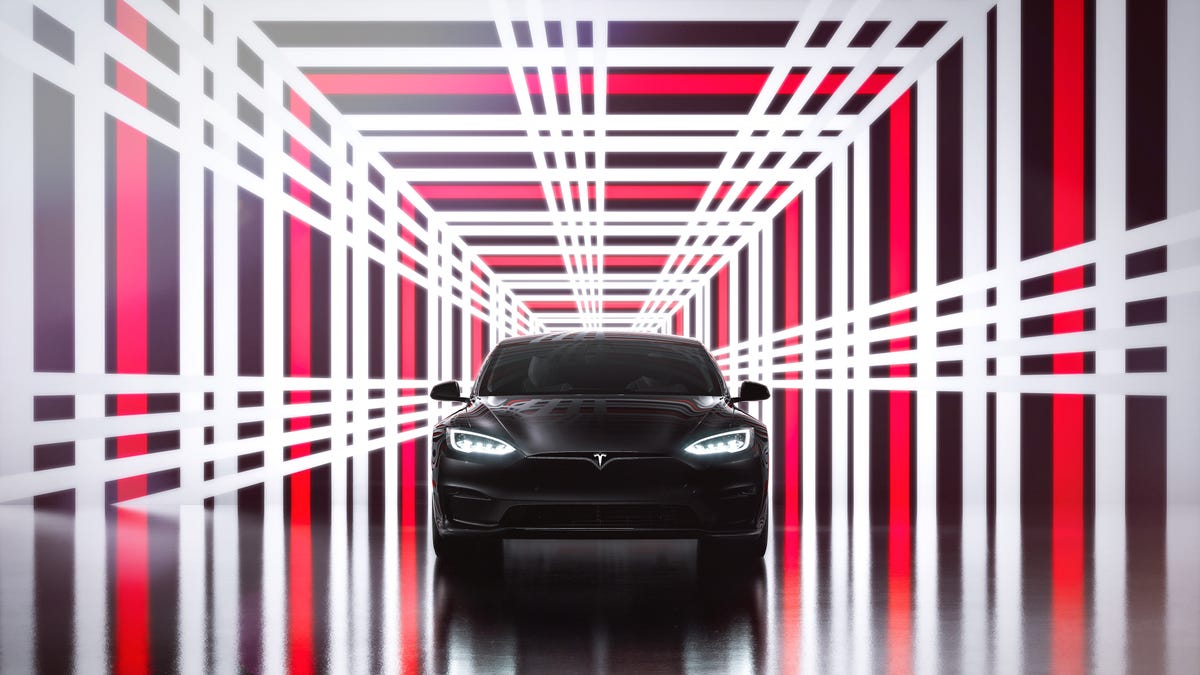Tesla Found Only 1 Percent At Fault In Deadly 116 MPH Crash

Photo: Tesla
Back in 2018, eighteen-year-old Barrett Riley crashed his dad’s 2014 Tesla Model S into a wall at 116 mph, killing himself and one passenger. The vehicle was supposed to have a speed limiter installed, at the behest of Riley’s parents, but Tesla technicians removed it after talking to the teen. Thus, the question before a Florida court: Was Tesla to blame for the crash?
Well, in short, not entirely. When asked to apportion blame for the crash, a Florida jury placed 90% of the fault with Riley himself. 9% of the blame went to Riley’s father, the registered owner of the vehicle, and just 1% went to Tesla, according to Automotive News. But that single percentage point of blame comes at a serious cost to the automaker: $10.5 million.
Photo: Tesla
James Riley, Barrett’s father, had asked Tesla to install a speed limiter on the car after the teen received a 112 mph ticket in a 50 mph zone. The company initially complied, but later removed the limiter when the Model S went in for a service appointment. In court arguments, Tesla’s attorneys claimed that the younger Barrett had tricked technicians into removing the limiter software.
Attorneys for the automaker similarly claimed that the artificially limited speed of 85 mph wouldn’t have made a substantial difference in the circumstances of Barrett’s crash, given the road conditions at the scene — a curve with a speed limit of just 25 mph. Given the apportionment of liability, it seems the jury found that argument to hold water.
G/O Media may get a commission
Tesla now offers speed limiting software built into its cars, and states on-screen that the feature is “In memory of Barrett Riley.” While it may have come too late to help Riley or his passenger, hopefully the limiting functionality can prevent future novice drivers from ending up in similar crashes.



